
Starting June 1st, 2023 Our warehouse fee will be $0.65/cubic foot per month
In effort to lower the warehouse storage fee during inflation, we have went narrow aisle racking.This construction took us four months but the project is finally completed. With narrow aisle racking, we are able to drop storage by 24%.We as partners will go through this inflation together.
02/11/2025
Sustainable fleet management has emerged as a critical approach for organizations aiming to enhance operational efficiency while addressing environmental concerns. As logistics continues to serve as the backbone of global trade, its significant contribution to greenhouse gas (GHG) emissions - accounting for 24% of global CO2 emissions—raises concerns for long-term sustainability.
With growing awareness of climate challenges and increasing pressure to reduce carbon footprints, businesses are seeking solutions that balance efficiency with environmental responsibility. Sustainable fleet management enables organizations to reduce fuel and maintenance costs, offering both economic and environmental advantages.
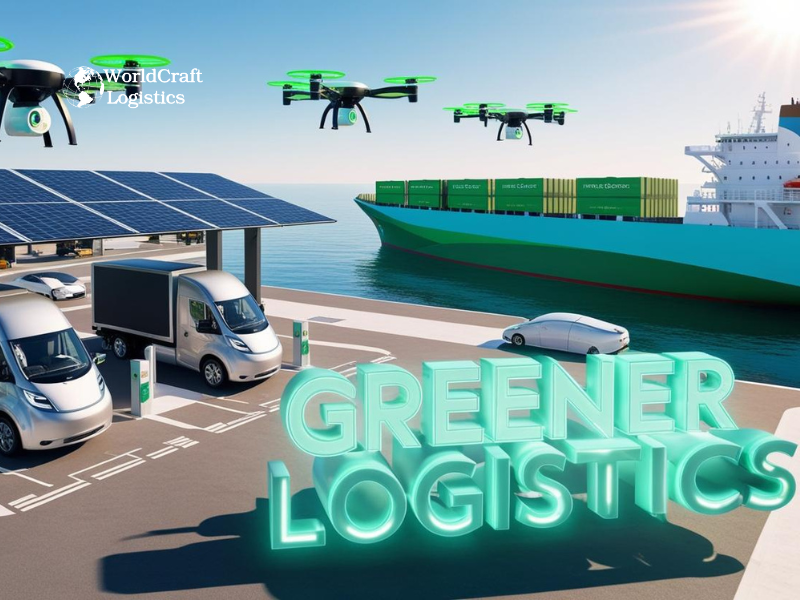
To understand the importance of sustainable fleet management, one must first examine the environmental challenges posed by traditional fleet operations. Freight transportation is a major contributor to CO2 emissions, with heavy-duty vehicles alone responsible for nearly half of transport-related emissions, according to the International Energy Agency.
Traditional fleets rely on fossil fuels, outdated vehicle models, and inefficient management practices that not only harm the environment but also increase operational costs. Unoptimized routes and poor maintenance lead to excessive fuel consumption, while older vehicles generate higher emissions. Addressing these inefficiencies requires a shift toward sustainability, integrating modern technologies to minimize the environmental impact of logistics operations.
Transitioning from traditional fleet operations to sustainable management demands the adoption of cutting-edge technologies that optimize efficiency while reducing emissions. Innovations in electric vehicles, artificial intelligence, and alternative fuels are driving significant changes in logistics.
Key Technologies Leading the Transformation:
Electric Vehicles (EVs): With zero tailpipe emissions and lower operating costs, EVs are becoming the cornerstone of sustainable fleets. Industry trends indicate a growing shift toward EV adoption in the coming decades.
IoT-Enabled Telematics Systems: These systems allow real-time monitoring of vehicle performance and fuel consumption, helping fleet managers make data-driven decisions aligned with sustainability goals.
AI-Powered Route Optimization: AI-driven systems analyze traffic, weather, and scheduling data to optimize delivery routes, reducing unnecessary mileage and emissions.
Cleaner Fuels: The use of biodiesel, compressed natural gas (CNG), and hydrogen fuel cells is increasing, providing businesses with flexible and eco-friendly alternatives to traditional fuels.
The adoption of sustainable fleet management yields significant advantages for businesses and the environment. Key benefits include:
Cost Reduction: Companies can lower fuel and maintenance costs, enhancing overall profitability.
Regulatory Compliance: Meeting stringent emissions regulations helps avoid penalties while opening opportunities for tax incentives and subsidies.
Enhanced Corporate Reputation: Businesses prioritizing green initiatives attract environmentally conscious customers and stakeholders.
Broader Environmental Impact: Sustainable practices contribute to cleaner air, reduced resource depletion, and long-term global sustainability.
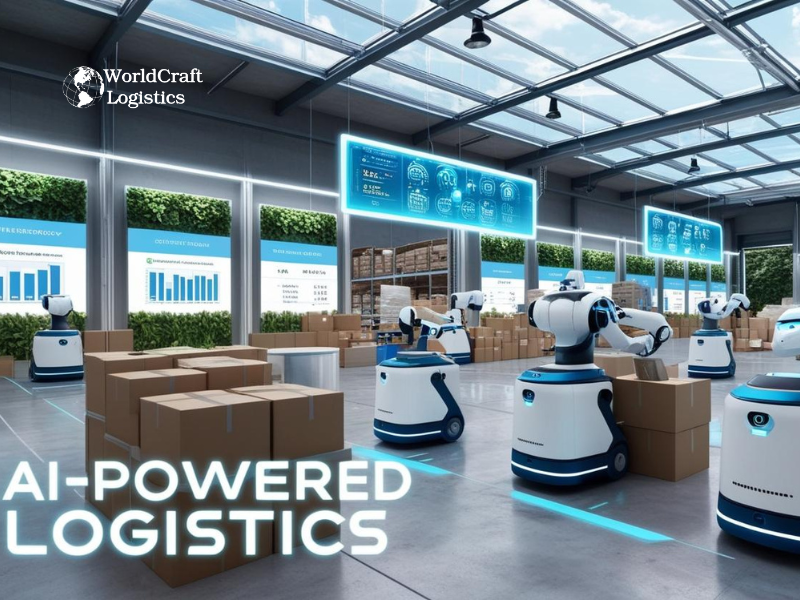
Despite its benefits, transitioning to sustainable fleet management presents challenges that businesses must navigate effectively.
High Initial Investment: EVs, telematics systems, and charging infrastructure require significant upfront costs, which may be prohibitive for smaller businesses. However, government incentives and financing programs help offset these expenses.
Infrastructure Limitations: The lack of widespread EV charging networks and alternative fuel supply chains hinders scalability, requiring collaborative efforts between the public and private sectors to develop supporting infrastructure.
Regulatory Disparities: Differing sustainability regulations across regions create operational challenges for multinational companies, underscoring the need for harmonized policies to streamline global adoption.
The future of fleet management is undeniably intertwined with sustainability. Governments worldwide are enforcing ambitious climate programs, such as the EU’s ‘Fit for 55’ initiative, to curb emissions and encourage green practices.
Advancements in battery technology are making EVs more efficient and cost-effective, while emerging innovations like blockchain and autonomous electric vehicles promise to revolutionize logistics further. Blockchain technology, in particular, enhances supply chain transparency, allowing businesses to track emissions and optimize operations with unprecedented accuracy.
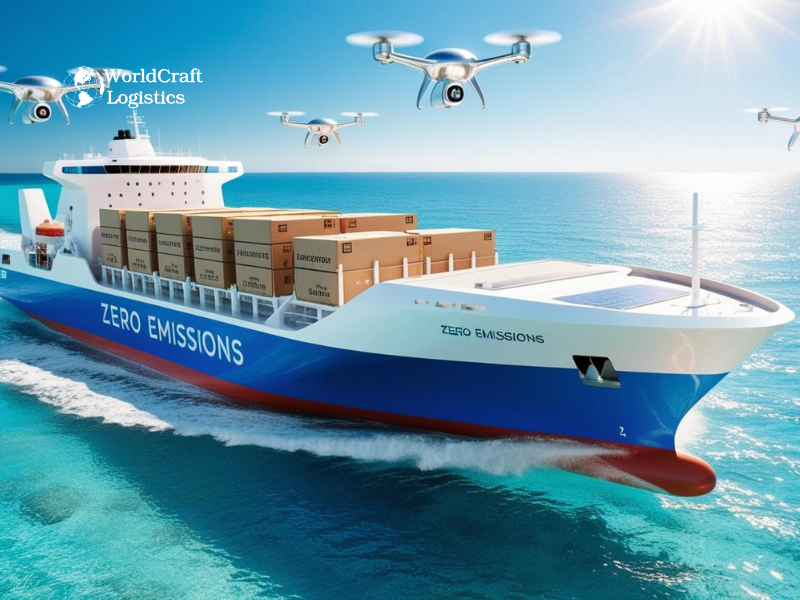
Sustainable fleet management presents a crucial opportunity for businesses to align profitability with environmental responsibility. Companies that invest in advanced technologies, such as electric vehicles, AI-driven tools, and IoT-based telematics, will be better positioned to navigate future challenges and gain a competitive edge.
While hurdles like infrastructure gaps and high initial costs persist, the long-term advantages of sustainability outweigh these obstacles. The logistics industry stands at a pivotal moment—embracing sustainable fleet management is not just an option but a necessity for a greener future. By taking action today, businesses can contribute to a more resilient global trade network and a healthier planet for future generations.
SEO
Digital Marketing/SEO Specialist
Simon Mang is an SEO and Digital Marketing expert at Wordcraft Logistics. With many years of experience in the field of digital marketing, he has shaped and built strategies to effectively promote Wordcraft Logistics' online presence. With a deep understanding of the logistics industry, I have shared more than 500 specialized articles on many different topics.

Hot News
08/05/2024
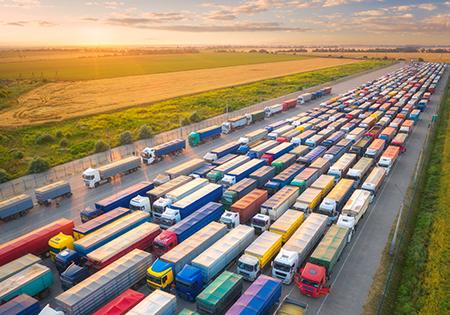
Hot News
02/23/2023
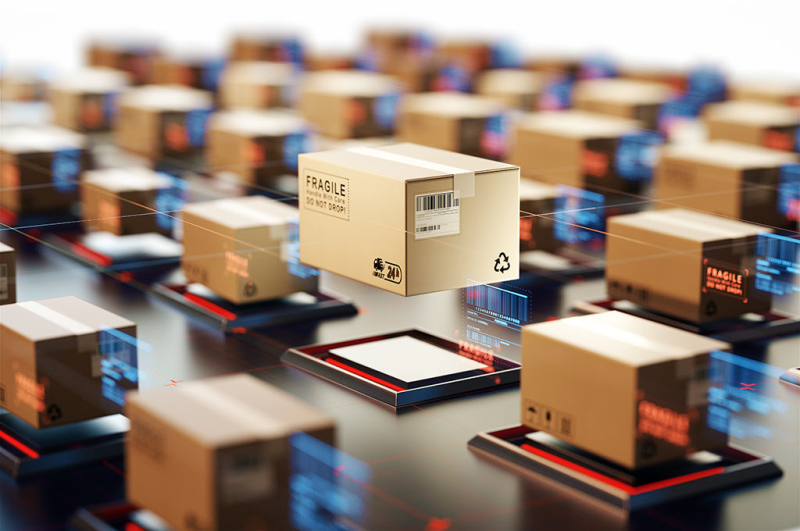
Hot News
02/23/2023
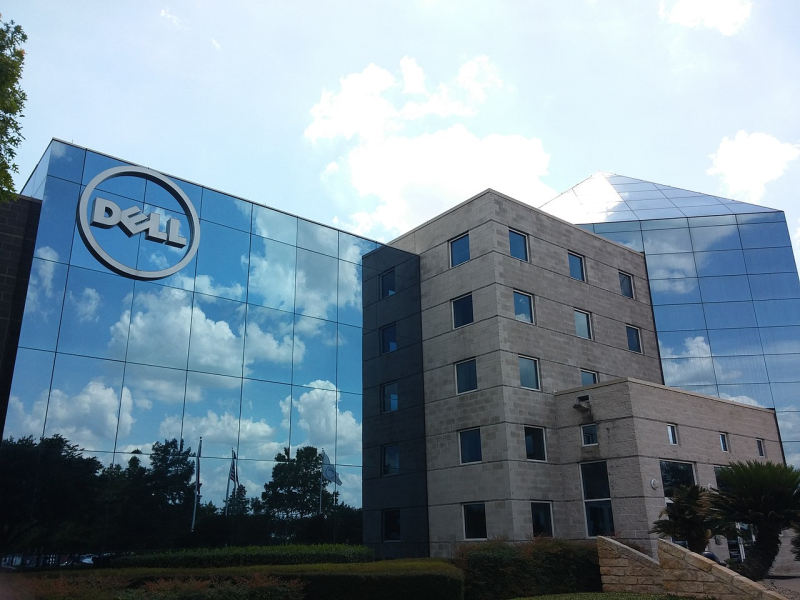
Hot News
02/06/2023
Hot News
02/07/2023